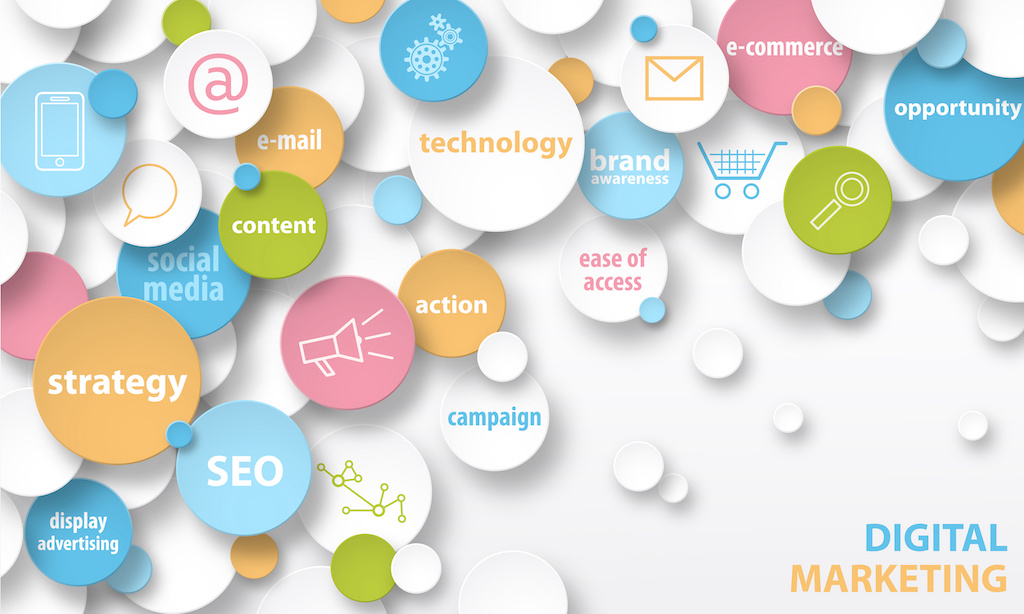



The rapid pace at which the healthcare industry is turning digital presents tremendous opportunities for healthcare software providers. However, the complexity of healthcare SaaS marketing can make growing your business an uphill battle.
Download our ultimate guide on developing and implementing your SaaS healthcare marketing strategy.
Besides the typical challenges of B2B tech marketing, such as long sales cycles and complex buying group dynamics, healthcare software marketers also have to overcome industry-specific hurdles, such as a slow pace of change and heavy regulations.
Meanwhile, healthcare software marketers need to shift their strategies to address a more diffused decision-making process, a higher reliance on peer opinions, changes in the path to purchase, the rise of omnichannel marketing, and the emphasis on thought leadership.
Implementing the right digital healthcare SaaS marketing strategy will be key to helping you reach your ideal customers, nurture relationships, progress prospects down the sales funnel, and drive conversions. The inbound methodology is particularly effective for healthcare software marketing —here's what you need to know.

Inbound marketing attracts customers by creating valuable content and experiences tailored to their needs and challenges. The methodology engages the audience with relevant and helpful information designed to address each stage of the buyer's journey, moving prospects from awareness and consideration to purchase and advocacy.
This methodology is highly effective for healthcare SaaS marketing because it helps you attract the right decision-makers and allows you to track their interactions with your content. If you can deliver the right information to the right buying group members at the right customer lifecycle stages, you’ll shorten the sales process.
Unlike inbound marketing, which focuses on attracting prospects to your brand, outbound marketing involves reaching out to people and telling them about your product. It's also known as "push" marketing because it pushes information about your products onto your prospects instead of drawing them in.
Inbound and outbound marketing strategies should be used together to complement each other. Outbound marketing can be highly targeted and its ROI is easy to measure. Meanwhile, inbound marketing helps you build relationships with prospects and is often less expensive to execute, especially in the long-term.
Inbound marketing focuses on creating valuable content and putting it in front of the right audience at the right time. Here are some key inbound strategies and tactics:
While inbound marketing has many benefits, you should also be aware of some common pitfalls. Here are a few pros and cons you should consider:
After weighing the pros and cons, should you use the inbound methodology for healthcare SaaS marketing? Our answer is a definitive yes —but you have to do it the smart way by accessing the expertise you need to get the highest ROI from your investment.
You can reap the benefits of inbound marketing while mitigating the potential downsides by working with a healthcare digital marketing agency with specialized knowledge in healthcare software.
We know selecting an agency can be quite a challenge. Arming yourself with the right knowledge can help you find the right partner for your healthcare software marketing needs. Download this ebook "How to Build a Successful Digital Marketing Strategy for Healthcare Software" to get started or click here to set up a time to talk.


Spot On co-founder and partner Susie Kelley is dedicated to leveraging technology to advance innovative solutions in highly regulated industries. Driven by the opportunity to elevate brands, she co-founded Spot On in 2012 after having spent 15 years honing her marketing skills in an agency. Susie leads business development with a personal touch, focusing on building lasting relationships with clients to meet — and exceed — their goals for business growth.
Get the latest and greatest posts sent straight to your inbox.


